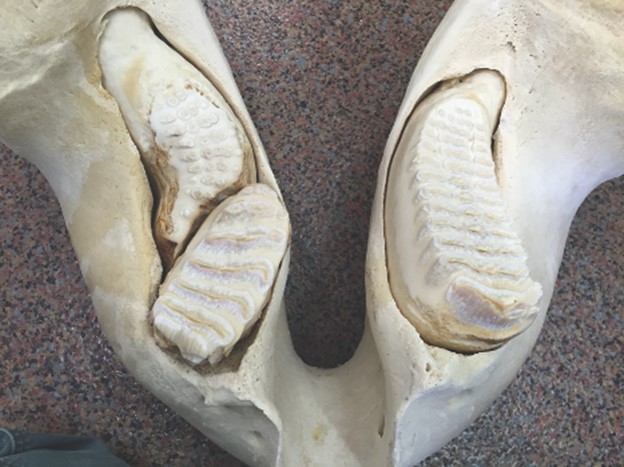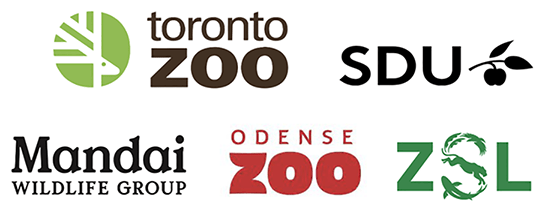A new paper “Bridging the Research Gap between Live Collections in Zoos and Preserved Collections in Natural History Museums” co-authored by Species360 Director of Science Prof. Dalia A. Conde, published in the journal BioScience lays out a pathway to increasing collaboration that would enhance our understanding of the animal kingdom. The paper highlights the value of the wealth of species data curated in the Species360 Zoological Information Management System (ZIMS) and encourages better collaboration between zoological organizations and museums to further our understanding of animal biodiversity.
Globally, zoos use a variety of collections software, with at least three million records digitized worldwide within the Species360 management system alone, representing more than 21,000 species. Natural history museums house roughly 500 million to 1 billion biological specimens in the United States and about 3 billion worldwide, according to the paper. A specimen’s records typically include information on where, when, and by whom it was collected, as well as its taxonomy and method of preservation.
Figure caption: An Asian elephant from the Oklahoma City Zoo passed away from unknown causes (global accession no. 21,517,980). After the Museum of Osteology (also in Oklahoma) prepared the specimen as a skeleton and found affected and deformed molars, that diagnosis was determined to be the cause of death. The zoo now uses new dental monitoring techniques on its elephants because of this interaction with the museum. Photograph: Jennifer D’Agostino.









